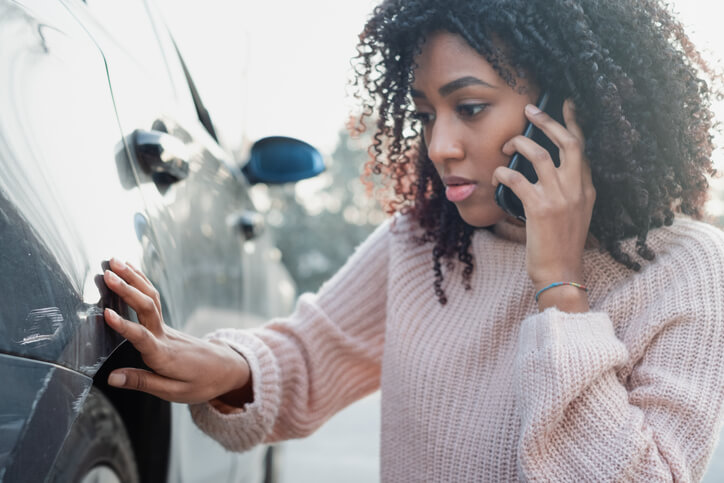A car accident can really turn your life upside down. It can be scary and overwhelming. Following an accident, you may be emotional and even distraught. In the immediate aftermath of an accident, however, your actions are crucial. What you do and what you say from the point of impact onward can have serious and significant implications for you during any insurance claim process or settlement negotiations that may take place later on. As such, it is critical that you are mindful of what you say after an accident. Even the most seemingly innocent statements can later be misconstrued to be used against you.
Don’t Say These Things After a Car Accident
We’ll start with one of the most common, automatic phrases that people will say after an accident that could come back to bite them later on. “I’m sorry.” It is something that so many of us have come to say in situations that we simply do not want to be involved in that we have forgotten that the phrase is really a form of an admission of guilt. After an accident, saying “I’m sorry” can be used as such. It can be seen as though you are admitting fault for the accident. Now, this may not actually be the case, but it can and will be used as such.
Another phrase you should avoid stems from what can be the prominent “stiff upper lip” mentality some people subscribe to. Saying “I’m okay” or “I’m not hurt” after an accident may be a result of you feeling like you really are okay or it may be you dismissing any aches and pains you may be feeling and trying to power through it. The bottom line is, however, that at that point after an accident, it is nearly impossible to know the extent of any injuries you may have received. The adrenaline built up in your body can easily mask the full impact of your hurt and some injury symptoms may not fully present until days later. Saying that you are “okay,” however, can come back to haunt you. If an insurance company catches wind that you said that and then later make a claim for injuries sustained in the accident, it is very likely to cause problems.
In general, it is best to avoid any speculation after an accident. If you are about to say the phrase “I think,” it is likely best that you switch it to “I don’t know.” This is true when asked for a statement after an accident. If you are not sure what happened, do not speculate. There is no one that will expect you to come up with an answer to fill in the blanks. Saying something that ends up being inaccurate, however, can create problems down the road.
Philadelphia Personal Injury Attorneys
Have you been injured in an auto accident? Do not delay in reaching out for trusted legal representation. The team at Cooper, Schall & Levy will fight for you. Contact us today.


